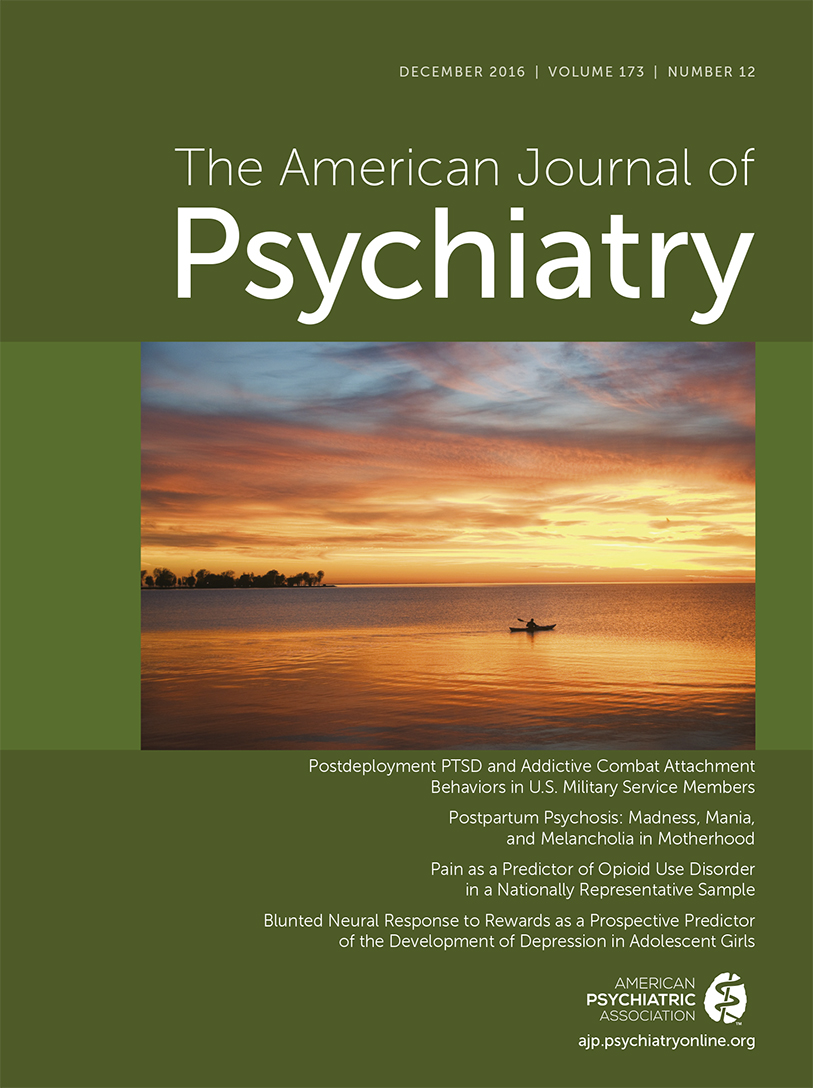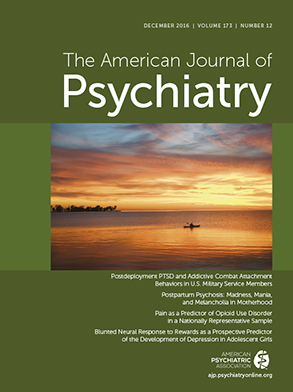Pregabalin in Tourette’s Syndrome: A Case Series
Upon admission, the 41-year-old patient scored 90 (Total Tic Score [TTS]=40; score range=0–50) on the Yale Global Tic Severity Scale (YGTSS; score range=0–100) and 6 on the Clinical Global Impressions Scale (CGI; score range=1–7). He was medication free for more than 2 years but smoked up to seven cannabis cigarettes a day. The patient, over the course of his lifetime, had taken typical and atypical antipsychotics, topiramate, and antidepressants and had had comorbid hypercholesterinemia. The younger patient (YGTSS score=95; TTS=45; CGI score=6 on admission day) had been taking 20 mg/day of aripiprazole for more than 4 years without sufficient improvement.Because of comorbid generalized anxiety disorder, both patients were started on a dosage of 100 mg/day of pregabalin, which was increased to 600 mg/day from treatment day 4 onward. Because of insomnia, the older patient received 100 mg of quetiapine at night. In the younger patient, aripiprazole was reduced to 10 mg/day and, because of depressive symptoms, sertraline at 50 mg/day was administered. The older patient’s YGTSS score scaled down to 45 (TTS=25), and his CGI score was 4; the younger patient had a YGTSS score of 58 (TTS=28) and a CGI score of 4 only 7 days after onset of treatment.After these interesting observations, we treated a third patient with Tourette’s syndrome without comorbidities (22 years old, Caucasian male; he was medication free for 5 years but, over his lifetime, had taken risperidone and valproate). On admission day, he scored 79 on the YGTSS (TTS=39) and 6 on the CGI. He received pregabalin as described above and experienced a marked reduction in tic intensity and frequency only 7 days after onset of treatment (YGTSS score=41; TTS=21; CGI score=4).None of the patients reported any side effects. All subjects provided written informed consent for anonymized publication of their data.
References
Information & Authors
Information
Published In
History
Keywords
Authors
Funding Information
Metrics & Citations
Metrics
Citations
Export Citations
If you have the appropriate software installed, you can download article citation data to the citation manager of your choice. Simply select your manager software from the list below and click Download.
For more information or tips please see 'Downloading to a citation manager' in the Help menu.
View Options
View options
PDF/EPUB
View PDF/EPUBLogin options
Already a subscriber? Access your subscription through your login credentials or your institution for full access to this article.
Personal login Institutional Login Open Athens loginNot a subscriber?
PsychiatryOnline subscription options offer access to the DSM-5-TR® library, books, journals, CME, and patient resources. This all-in-one virtual library provides psychiatrists and mental health professionals with key resources for diagnosis, treatment, research, and professional development.
Need more help? PsychiatryOnline Customer Service may be reached by emailing [email protected] or by calling 800-368-5777 (in the U.S.) or 703-907-7322 (outside the U.S.).

